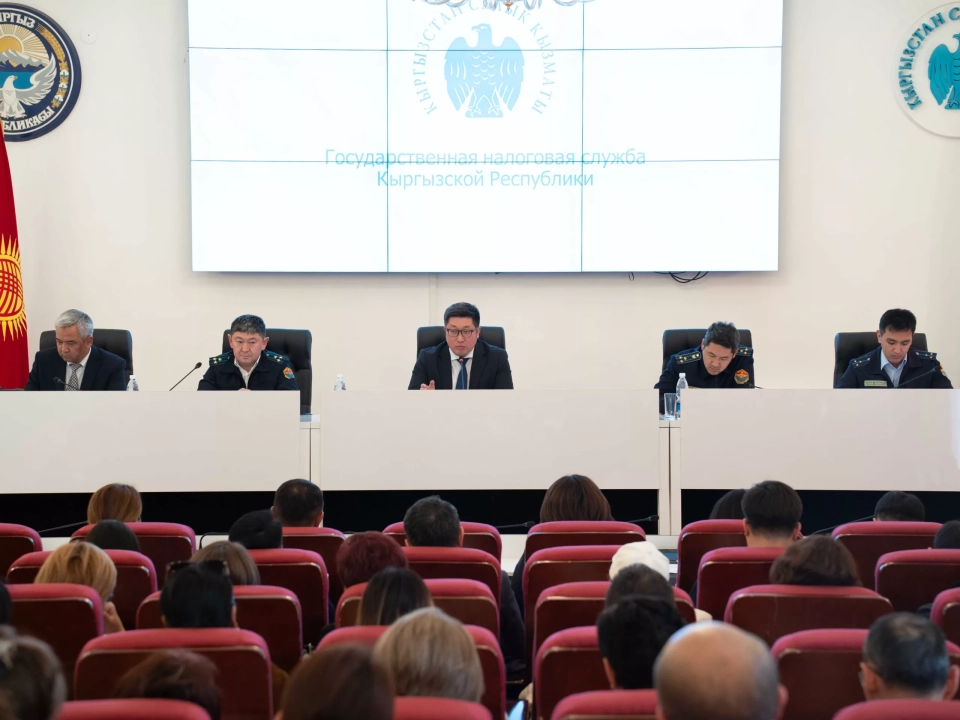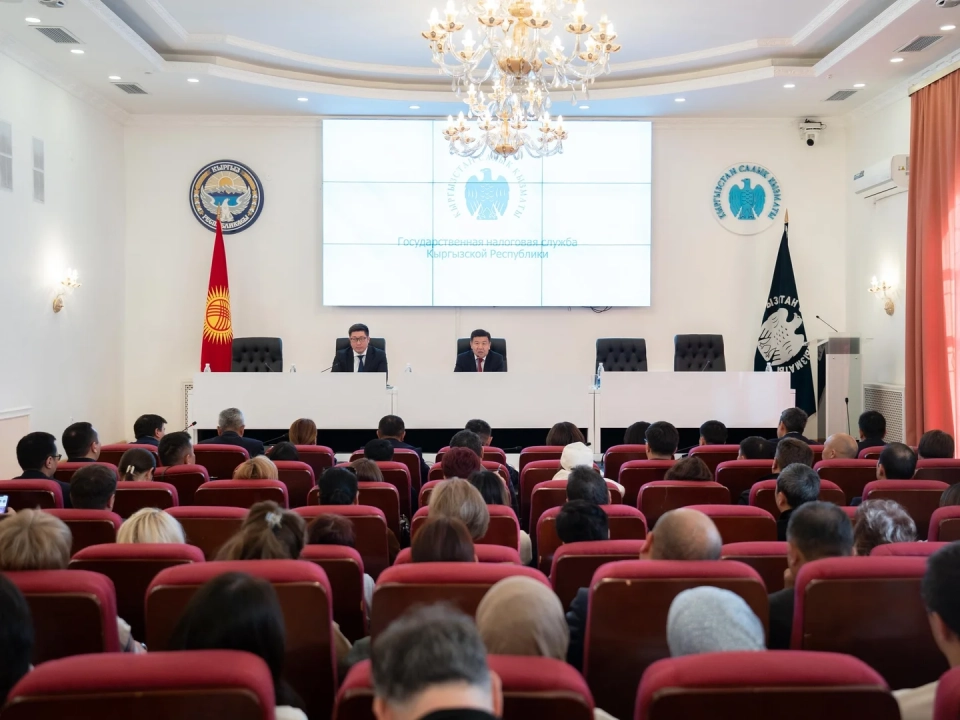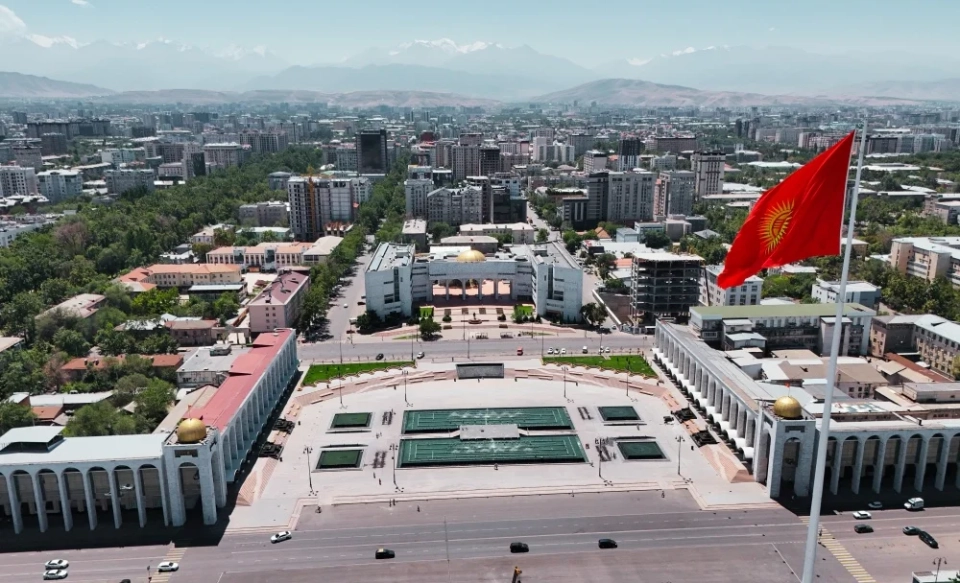Changes in Taxation: Risks for SMEs
The Tax Code, signed by the President of Kazakhstan, Kassym-Jomart Tokayev, on July 18, 2025, will come into effect on January 1, 2026. This document comprises over 1,000 pages and includes 882 articles.The key changes are as follows:
- an increase in the value-added tax (VAT) rate from 12% to 16%;
- strengthening of regulations for special tax regimes concerning small and medium-sized businesses;
- the effective exclusion of the possibility of business operations between large and small companies, where large firms will be required to pay taxes on behalf of SMEs;
- an increase in excise taxes on tobacco products and alcohol;
- the introduction of excise taxes on energy drinks.
Among the excluded areas:
- all financial and insurance services, including pawnshops and banks;
- production and sale of excise goods such as alcohol and tobacco;
- services in marketing, accounting, and legal services;
- construction of residential and commercial properties;
- mining of minerals, except for artisanal mining.
Business Reaction to the Reforms
Despite some concessions, entrepreneurs and experts express serious concerns. They emphasize that small and medium-sized businesses are struggling to adapt to the new requirements and rising costs. The increase in VAT and the lowering of the threshold could lead to a sharp rise in prices, which is already being observed in the food market, where a price increase of 30-50% is expected.The head of the Markets Association, Sergey Ponomarev, states: "The tightening of tax legislation will lead to additional inflation in Kazakhstan. The National Bank's rate will reach 18%, which will increase the cost of loans and negatively impact businesses."
There are also disputes regarding points that prohibit companies from accounting for expenses when working with suppliers under the simplified tax regime. This limits the opportunities for small enterprises and deprives large companies of tax deductions.
"The authorities have reverted to the old list of permitted types of activities, but this does not eliminate structural risks," says lawyer Yerzhan Yesimkhanov.
Large companies are requiring suppliers to switch to the general tax regime, pushing small businesses out of the simplified system.Thus, small enterprises may face closure or staff reductions, which is confirmed by experts' opinions.
Sergey Ponomarev adds that the lowering of the VAT threshold creates numerous difficulties for both businesses and government agencies, increasing the burden on tax administration.
Searching for New Opportunities
Kazakh entrepreneurs operating in the B2B sector report that for them, the critical issue is not so much the increase in VAT, but the lowering of the threshold and the prohibition on VAT offsets. This may force them to reduce the size of their businesses to avoid additional taxes.Zhanna Nurseitova, the owner of a creative agency, notes: "We will be forced to turn to large companies, which will lead to price increases." This could threaten the survival of small contractors.
Entrepreneurs are convinced that the new tax changes will lead to market monopolization and the disappearance of hundreds of small businesses. As a result, Kazakh companies are beginning to relocate their operations to neighboring countries. For example, Dinara, the owner of a small production facility, has decided to open a company in Kyrgyzstan due to the new tax conditions in Kazakhstan.
Saken Karin, chairman of the Tax Consultants Association, emphasizes that many Kazakh entrepreneurs are considering relocating to Kyrgyzstan and Uzbekistan due to changes in tax policy.
"The increase in the tax burden on small businesses can stifle entrepreneurial initiative," he adds.
Investment Climate and Opportunities for Kyrgyzstan
The head of the International Business Council, Askar Sydykov, notes that investors are beginning to view Central Asia as a single market, and changes in tax policy may affect their interest in the region."Taxes are important, but they are not the only factor. Investors also assess infrastructure, access to finance, and the availability of qualified specialists," he says.
Our region has attractiveness for investors, and tax conditions will be considered alongside other factors.Thus, Kyrgyzstan can benefit from the current situation by offering more favorable conditions for doing business. This could be a good opportunity to attract Kazakh entrepreneurs.
Askar Sydykov emphasizes that it is important to create conditions to attract businesses from Kazakhstan, as this will be beneficial for the Kyrgyz economy.
Daniyar Amanaliev, founder of Ololo, believes that Kyrgyzstan should closely monitor the changes occurring in Kazakhstan and learn from them. He emphasizes that instead of viewing this as a competitive advantage, Kyrgyzstan should strive for cooperation and experience exchange with Kazakhstan.
Instead of rivalry, we should focus on interaction and mutual learning.Amanaliev also notes that Kazakhstan has proactively presented the new Tax Code, allowing businesses to prepare for the changes, while in Kyrgyzstan, the changes occurred too quickly.
The situation requires Kyrgyzstan to take active steps to create attractive conditions for business, which can positively impact the country's economy.























